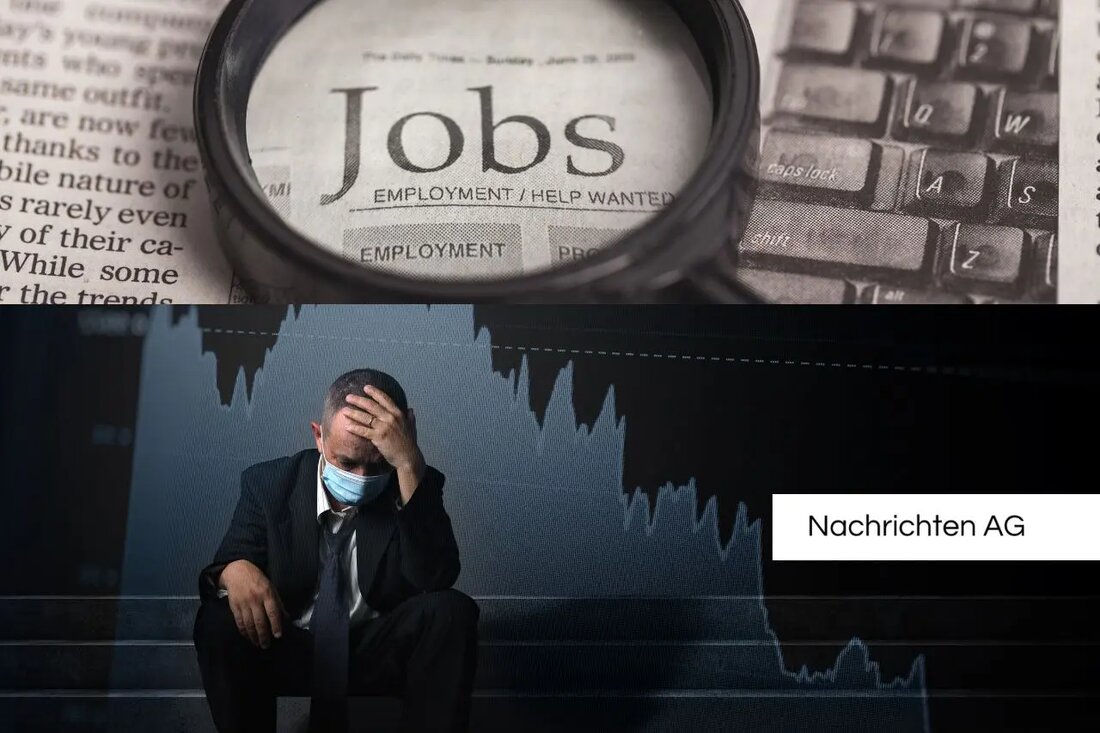Education crisis in Ludwigshafen: 40 children have to repeat the first class!

Education crisis in Ludwigshafen: 40 children have to repeat the first class!
The challenges of the German education system are increasingly becoming the focus of the public. An example of this has "failed - how school divides us as a society", which will be launched on January 31, 2025 by Lisa Graf, a former teacher and author. In five episodes, the podcast illuminates the situation at the Ludwigshafen Gräfenschule, where 40 children have to repeat the first class. These schools are often located in so-called "focal points", which are characterized by high unemployment, poverty and a high proportion of migration. According to tagesschau.de have the bad knowledge of German and the poor integration of the students have a decisive influence on their school success.
Lisa Graf not only examines the individual cases in her podcast, but also asks broader questions of educational justice. It looks at the historical creation of the system and looks at turning points such as the Pisa shock of the 2000s. In this context, the Rütlischule is also mentioned in Berlin-Neukölln, which developed from a problem school to a showcase project. Graf hopes to make the educational crisis tangible and show solutions. She brought her personal experiences as a teacher into the discussion and highlights the social consequences of an unjust education system.
the reality at focal schools
The term "focal schools" is criticized by Bahar Aslan, since it is often associated with schools with a high proportion of migration and can therefore lead to a slightly racially charged debates. Aslan points out that there are special challenges in these schools, which are not only due to the origin of the students. There is often a lack of personnel and resources at focal schools, which presents the teachers before immense tasks. According to bpb.de , many teacher candidates who complete the hospitations in such institutions, not to inform them in structurally disadvantaged schools, which the situation further tightened.
The challenges in the classroom extend far beyond the teaching material. Children who grow up in poverty often have little chance of positive schooling. Aslan emphasizes that many of these children are emotionally stressed and experience little attention. Challenges such as frequent police operations in schools can also severely affect the learning atmosphere. The need to create a positive learning environment is therefore essential to give the children new perspectives.
education policy and future prospects
In the debate about solving these problems, political will is often questioned. Educational justice should not only be a question of equal opportunities, but also the political priorities. According to Graf, the social origin is crucial for school success in Germany. This opinion is supported by Aslan, which demands that education policy and schools have to do more in order to adequately promote disadvantaged children. Digitization is also highlighted as a challenge, since many schools are technically poorly equipped and therefore cannot meet the needs of the students.
The Lisa Graf's podcast could initiate a valuable discussion that not only indicates the grievances, but also shows solutions and ways of how the education system can be designed more fairly. The dialogue about social inequality in the education system must be continued in order to bring about a positive change.
| Details | |
|---|---|
| Quellen | |
